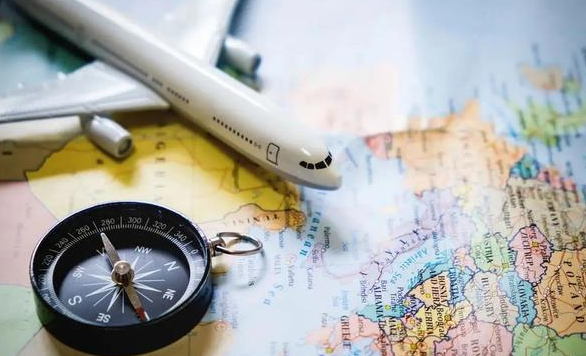Driven by globalization, more and more children are choosing to study abroad to pursue broader knowledge and diverse cultural experiences. However, far from home and familiar surroundings, children are alone in a foreign country, making safety a primary concern for parents. To ensure children can study with peace of mind and grow healthily, the following key points regarding safety during their studies abroad must be kept in mind.
Accommodation Safety: Creating a Warm and Safe Home
Accommodation is a crucial foundation for children’s lives overseas, making the selection of a safe and reliable living environment paramount. If choosing school dormitories, familiarize yourself with the dormitory’s management regulations and security facilities in advance, such as the completeness of the access control system and the comprehensiveness of surveillance coverage. After moving in, familiarize yourself with the location of emergency exits and how to use fire extinguishers.
If choosing off-campus rentals, carefully select your accommodation. Prioritize areas with good security and convenient transportation, avoiding remote or unsafe locations. Before signing a rental agreement, thoroughly inspect all facilities in the property, ensuring doors and windows are secure and water and electricity are safe. Maintain good communication with the landlord, clearly defining the rights and obligations of both parties. After checking in, please take good care of your personal belongings. Do not leave valuables in conspicuous places, and remember to lock doors and windows when leaving.
Travel Safety: Smooth Travel Abroad
Travel safety is an important aspect that cannot be ignored during your studies abroad. Before traveling, familiarize yourself with local traffic rules and travel customs. Traffic rules may vary from region to region; knowing and abiding by the rules can effectively reduce the probability of accidents. If choosing public transportation, wait at designated stops, maintain order, and avoid crowding and pushing. When taking a taxi, choose a reputable taxi company, note the license plate number before getting in, and inform family or friends of your travel details.
For children who enjoy cycling or driving, ensure the vehicle is in good working order and wear necessary safety equipment. While cycling or driving, strictly obey traffic signals, do not speed, do not drive under the influence of alcohol, and do not drive while fatigued. Furthermore, try to travel in groups at night and avoid walking alone on secluded streets or alleys.
Personal Safety: Be Vigilant and Take Precautions
While living abroad, children must always be vigilant and enhance their self-protection awareness. Avoid going to crowded or unsafe places such as bars and nightclubs. Maintain a safe distance when interacting with strangers and do not easily reveal personal information or your home address. If you encounter suspicious individuals or dangerous situations, seek help from those around you or call the local emergency services.
At the same time, respect local customs and laws to avoid unnecessary trouble caused by cultural differences or inappropriate behavior. In case of disputes or conflicts, remain calm and resolve issues through reasonable and legal means; do not take any extreme actions.
Studying abroad is full of opportunities and challenges, and safety is the cornerstone for children to successfully complete their studies and realize their dreams. Parents and children must attach great importance to safety and make thorough preparations and preventative measures. We hope that every student studying abroad can thrive in a safe environment, gaining knowledge, friendships, and a bright future.
Study abroad safety tips are available; professional exhibition services help you learn more about overseas life and start your worry-free study abroad journey.







